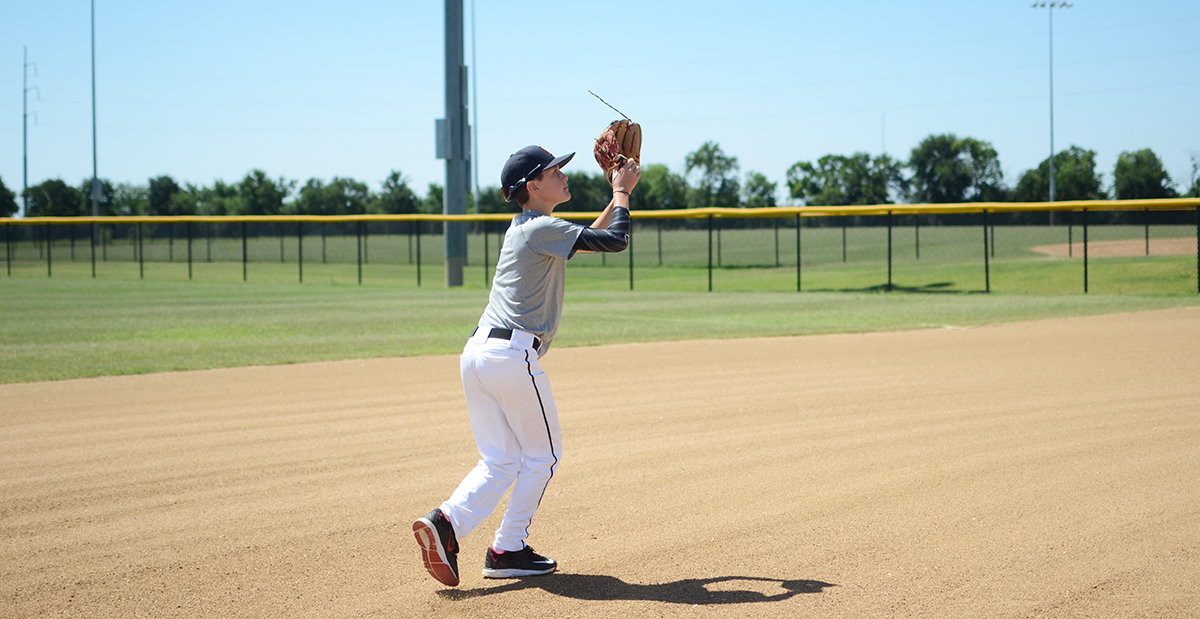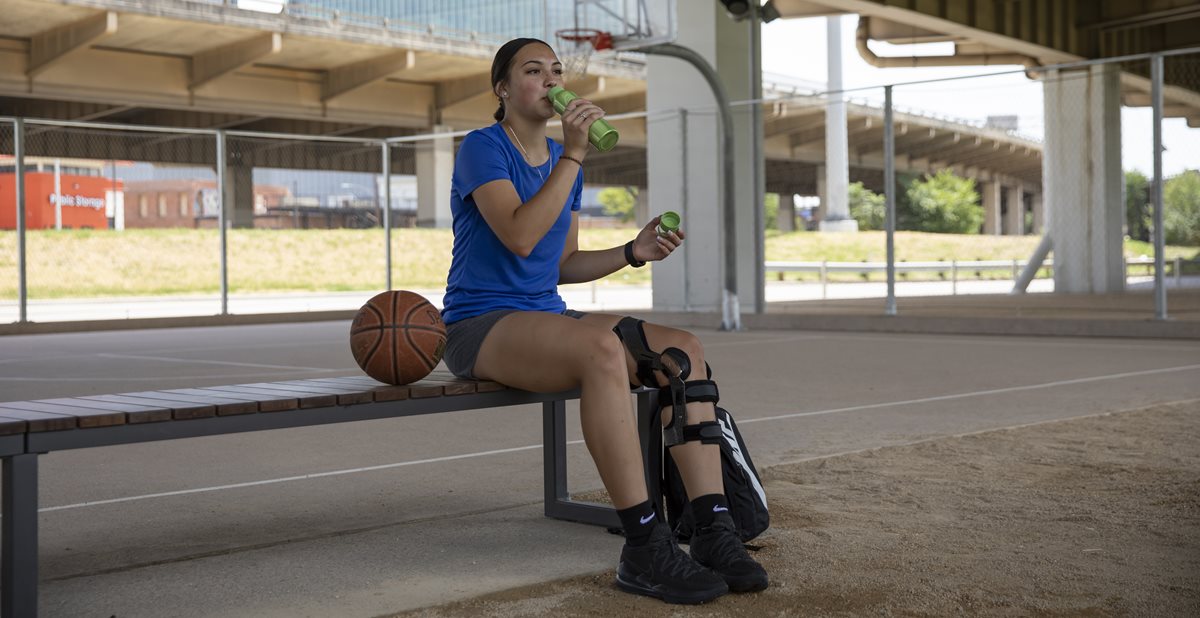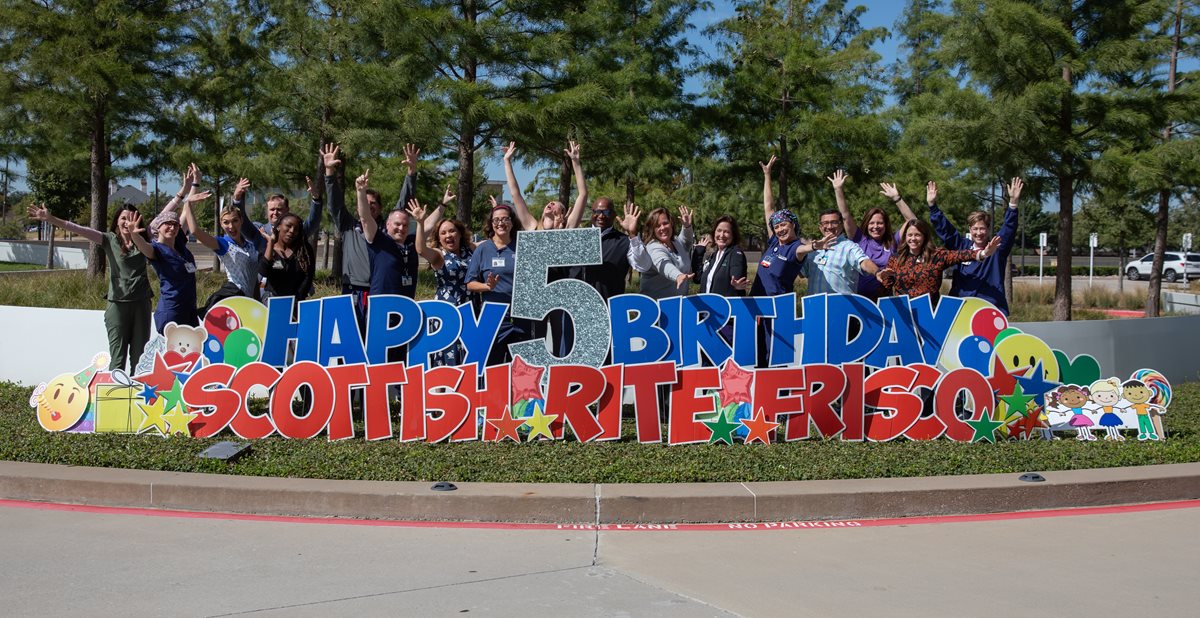
Nov 05, 2020 / Sports Medicine
Sport Sampling and Diversification
There is more evidence pointing to the risks associated with early specialization in sports. That seems logical, but many parents are unsure what to do and how to balance the demands of coaches and clubs with protecting their children.
Sports medicine expert Philip L. Wilson, M.D., answered a few questions on the topic to help parents.
Lifetime Sports - Print the PDF
What is early specialization?
Early specialization or single-sport specialization occurs when a child participates in only one sport, often year-round, without a significant break to rest. The unintended sacrifice is that he or she also stops participating in other sports.
Why is this a problem?
The demands of a single sport lead to repetitive activities that can damage joints and bones. This not only causes injuries, but also can impact the typical bone growth in some athletes. Imagine a baseball player who plays only baseball, practices with a pitching coach, spends breaks in tournaments and plays on multiple teams throughout the year. The physical stress that occurs in the elbow and shoulder causes pain and if it’s not managed correctly can lead to a need for surgery.
What is the solution?
It’s more and more clear that injury risk is lower, and performance is not hurt or may even be better when athletes play multiple sports through high school. We believe that the diversity of movements, skills and rest from certain motions all contribute to improving athleticism and fewer injuries.
What should parents do?
There is a culture shift beginning where parents are beginning to understand these principles. Insisting on seasonal participation in a variety of sports, avoiding year-round activities, following recommendations for weekly and seasonal rests from each sport and responding promptly to signs of injury during or after activity.
What about the perception that athletes may lose a spot on the team?
I would go back to the growing evidence that the risks are high, and the benefits are low for early specialization. Until the age of 14, kids should participate in a variety of activities. Help your child learn the value of this so that the mindset is shifted to a new way of thinking. Not playing a sport for a while might very well make him or her a better athlete in the long run.
Any final advice?
Our goal is to get a young athlete safely through a sports career with the physical capacity and attitude and commitment to be a lifelong athlete. Exposing children to activities that are “lifelong sports” brings value now and later. Running, cycling, hiking and swimming are appropriate for athletes of all ages. Knowing a gymnastics, football or basketball career has an end, a young athlete with a varied experience moves into adulthood with advantages.
Learn more about pediatric sports medicine.
Sports medicine expert Philip L. Wilson, M.D., answered a few questions on the topic to help parents.
Lifetime Sports - Print the PDF
What is early specialization?
Early specialization or single-sport specialization occurs when a child participates in only one sport, often year-round, without a significant break to rest. The unintended sacrifice is that he or she also stops participating in other sports.
Why is this a problem?
The demands of a single sport lead to repetitive activities that can damage joints and bones. This not only causes injuries, but also can impact the typical bone growth in some athletes. Imagine a baseball player who plays only baseball, practices with a pitching coach, spends breaks in tournaments and plays on multiple teams throughout the year. The physical stress that occurs in the elbow and shoulder causes pain and if it’s not managed correctly can lead to a need for surgery.
What is the solution?
It’s more and more clear that injury risk is lower, and performance is not hurt or may even be better when athletes play multiple sports through high school. We believe that the diversity of movements, skills and rest from certain motions all contribute to improving athleticism and fewer injuries.
What should parents do?
There is a culture shift beginning where parents are beginning to understand these principles. Insisting on seasonal participation in a variety of sports, avoiding year-round activities, following recommendations for weekly and seasonal rests from each sport and responding promptly to signs of injury during or after activity.
What about the perception that athletes may lose a spot on the team?
I would go back to the growing evidence that the risks are high, and the benefits are low for early specialization. Until the age of 14, kids should participate in a variety of activities. Help your child learn the value of this so that the mindset is shifted to a new way of thinking. Not playing a sport for a while might very well make him or her a better athlete in the long run.
Any final advice?
Our goal is to get a young athlete safely through a sports career with the physical capacity and attitude and commitment to be a lifelong athlete. Exposing children to activities that are “lifelong sports” brings value now and later. Running, cycling, hiking and swimming are appropriate for athletes of all ages. Knowing a gymnastics, football or basketball career has an end, a young athlete with a varied experience moves into adulthood with advantages.
Learn more about pediatric sports medicine.



